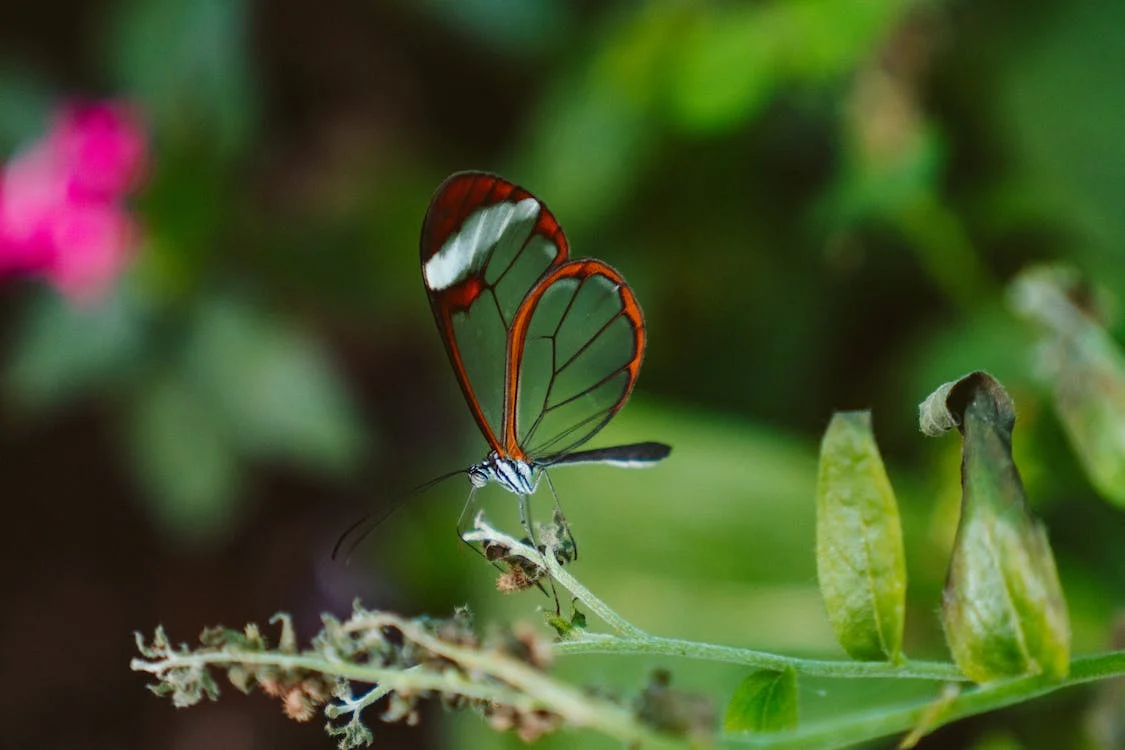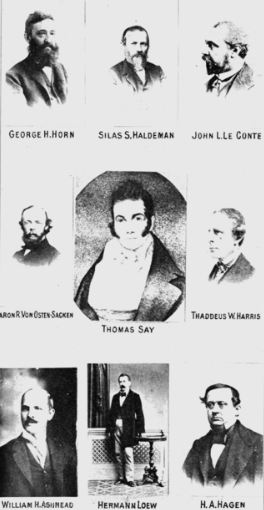The branches of biology remain to be one of the most diverse among other fields of science. It stretches out to more specific scopes of study involving various living organisms. This study focuses on the anatomy, physiology, environment, behavior, history, and other factors of a particular subject.
The common branches of biology are zoology, botany, and ecology. Furthermore, there is another branch of biology that provides an extensive study of a particular lifeform, and this science is called entomology. All of these branches of biology has a specific role in the advancement of science.
Whenever we go outside our house, we get to see the beauty of nature, including the various living organisms. That is why scientists devoted their study to learn more about the mysteries of these phenomena, and how could we interact with other living organisms.
In the world that we are living in, it is evident that humans and insects regularly interact with each other. Apart from humans, insects also interact with other animals, plants, and other living organisms. As pointed out by Illuminating Facts, there are literally bugs everywhere!
In this article, we are going to look into another branch of biology called entomology, and mainly, what is its history?
What is Entomology?
Entomology is the scientific study of insects. It is a branch of zoology that deals with a more profound study of the diversity of insects, their relationship with humans, their interaction with other organisms, and how they interact with their surroundings. In some informal use of the terminology, entomology includes other animals such as arachnids, myriapods, earthworms, land snails, and slugs.
Moreover, entomology is a taxon-based form of study, which means any form of scientific study in relation to insects could be considered as a part of entomology. This factor is what made entomology much broader and includes various scope of learning involving insects; their genes, anatomy, behavior, history, ecology, and many more.
Interestingly, insects make up the majority of all known organisms. Throughout the years, they made interactions with humans since some of them live in the same environment.
What is the origin of entomology?
The history of entomology is more straightforward compared to the origins of other branches of science. We can trace back its origins to the prehistoric times in most human cultures. The earliest accounts of entomology were from the works of the natural philosopher – Pliny the Elder. He was a Roman naturalist and natural philosopher who wrote a book about various kinds of insects during the 1st century AD. Years later, another book was written, which focuses on different characteristics of flies. This book was authored by the scientist of Kufa, Ibn al-Arabi. These are some of the earliest works in the branch of entomology, which is still far from our modern knowledge of science.
Fast forward to the early 19th century, when the English entomologist William Kirby, did several works to the development of entomology. Kirby, along with another British entomologist William Spence, published a definitive entomological encyclopedia named Introduction to Entomology. This book, published by Kirby and Spence, became the foundational text of the early study of entomology. Kirby was also one of the founders of the Royal Entomological Society in London in 1833, which was a group of experts devoted to the study of insects. Because of the outstanding works of William Kirby, he is widely considered as the father of entomology.
During the late 19th century up to the 20th century, the development of entomology started to gain a rapid pace. This fast-growing number of scientific advances is attributed to several people who contributed to conducting more observations and experiments in the science of insects. These people who heavily influenced the advancement of entomology are considered in our history to be among the greatest scientists around the globe, such as Jean-Henri Fabre, Vladimir Nabokov, Karl von Frisch, and E O Wilson.
Over the years, entomology continued to advance as new scientists pursued further studies of the subject. Until our modern world, science had developed into its advanced stage, including its various branches. The modern entomology helped society to keep our household, as well as the environment, safe. The works of entomologists promote a healthy living environment for both humans and insects.

